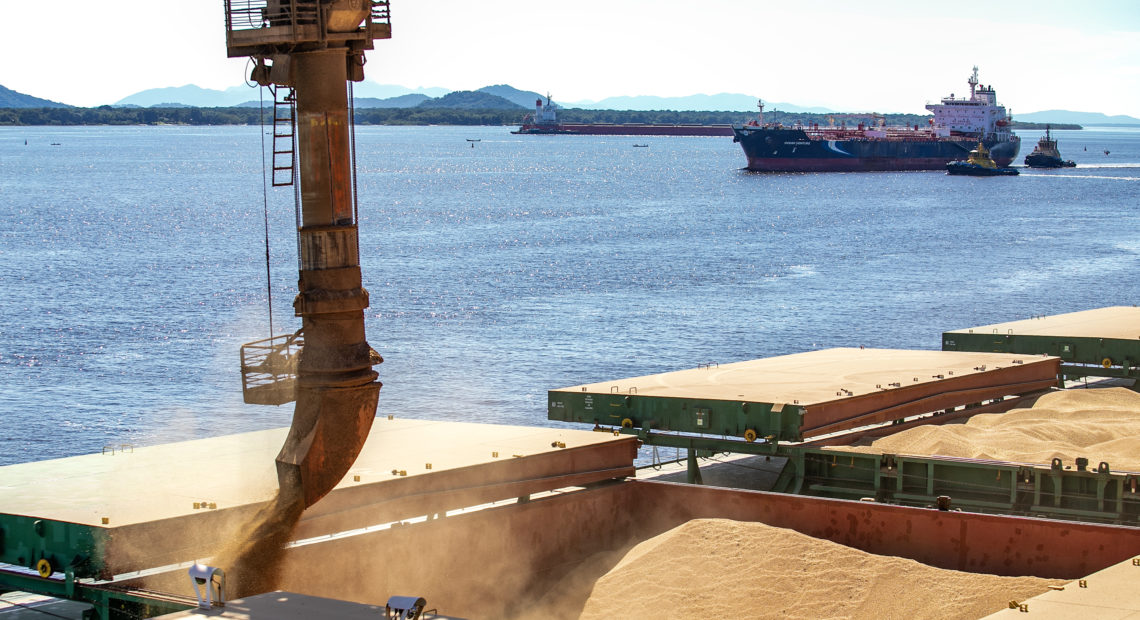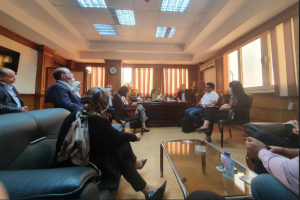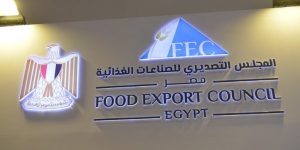– Local food manufacturers and exporters expect to export products
prepared under strict Islamic guidelines early next year to take
advantage of the $200-billion global halal industry.
Roberto Amores, president of the Philippine Food Processors and
Exporters Organization, Inc. (Philfoodex), on Wednesday said the world
halal industry is expected to balloon to $500 billion by 2010, mainly
due to 1.9 billion Muslims.
A national standard on halal food issued in February is the key to
local food processors and exporters being able to expand their markets.
“As soon as we are able to certify our members, we hope to start
expanding with halal-certified products by the first quarter of 2009,”
said Mr. Amores, who is also the president of the Philippine Mango
Exporters Foundation.
“The basic principles in halal standards are the same with all Muslim
countries,” Sitti Amina M. Jain, the Trade department’s national point
person on halal issues, said in a phone interview.
Muslims must ensure that the food they consume adhere to halal —
permissible in Arabic — requirements of Islamic law. Halal also extends
to the humane slaughter of animals.
Halal-certified food and non-food products are so labeled to inform
consumers that these are free of pork, lard from swine and alcohol.
Mr. Amores said exporters face challenges, including lack of halal
knowledge, as well as high fuel, power, production and packaging costs.
He added that the government should facilitate links between local exporters and prospective importers.
“We must also consider the buying power of Muslims in Europe, Canada and the US,” Ms. Jain said.
Since the creation of the national halal standards, the government has
sponsored 13 halal certification seminars with more than 700
participants nationwide, Ms. Jain said. “Our focus now is on [halal]
foods,” she added.
The local halal food industry is a P180-billion enterprise mainly due
to the country’s eight million Muslims, which spend P50 a day on halal
food. The annual value of the local halal meat market alone is
estimated at P7.5 billion. — Neil Jerome C. Morales, BusinessWorldthe



